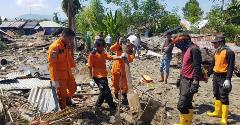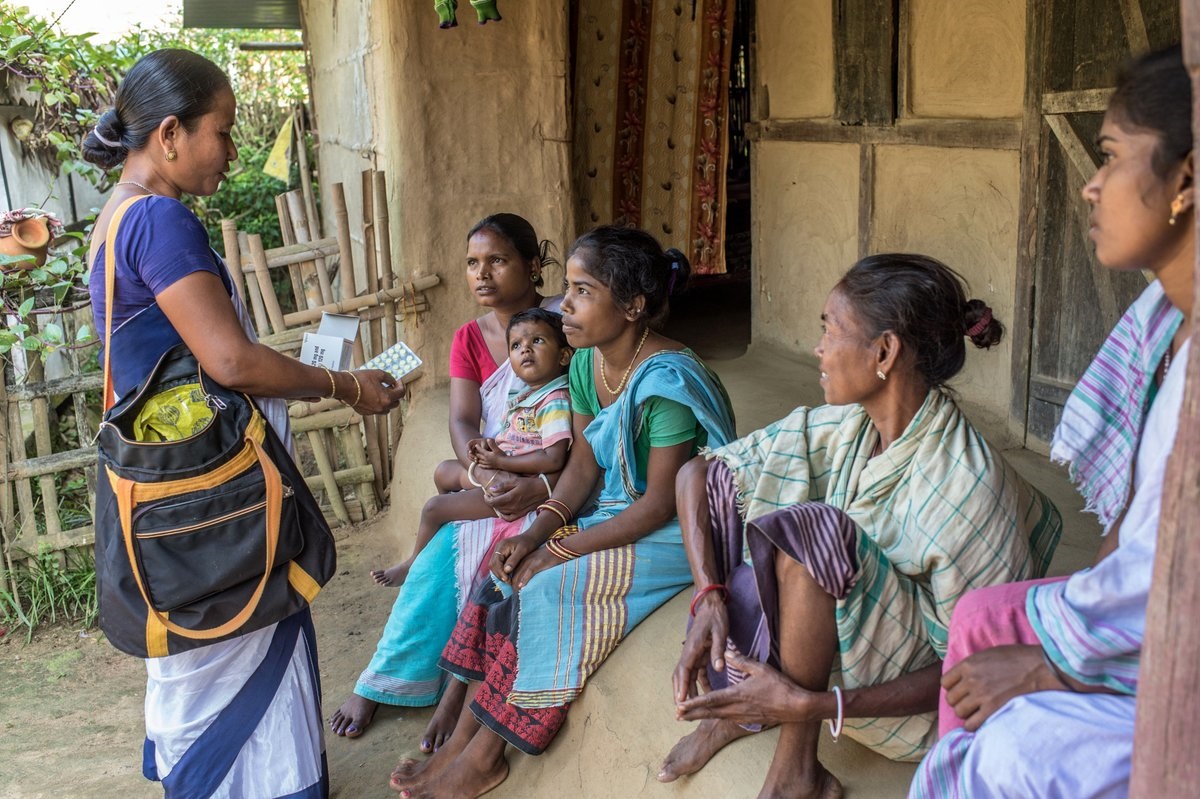Ninth South-East Asia Regional Meeting of Virologists of the Measles and Rubella Laboratory Network, Lucknow, India, 1–2 September 2022
Expanding the scope with commitment to excellence
Overview
The Global Measles and Rubella Laboratory Network (GMRLN) is the largest internationally coordinated laboratory network providing high-quality laboratory support for surveillance to measure progress towards measles and rubella elimination. Case-based surveillance requires timely laboratory confirmation from a network of accredited laboratories. High-quality surveillance, bolstered by strong laboratory support, is necessary for verifying elimination. It is important to monitor the quality of the measles and rubella laboratory network (MRLN) by monitoring the performance of the laboratories in the network with regard to globally recommended indicators.
Elimination of measles and rubella is a Flagship Priority of the WHO South-East (SE) Asia Region. A Regional Strategic Plan for achieving this goal was developed with four objectives. One of the objectives is to develop and maintain an accredited/proficient measles and rubella (MR) laboratory network that supports every Member State. The Immunization and Vaccination Development (IVD) Department of the WHO Regional Office for South-East Asia (WHO-SEARO) coordinates a regional MRLN, comprising 58 laboratories, to provide critical support to their respective national case-based surveillance programmes and help verify the elimination status.
The MR laboratories are responsible for testing serum specimens from suspected measles cases for laboratory confirmation and throat swab specimens for establishing genetic linkages of circulating measles and rubella viruses. As case classification of suspected MR cases is based on laboratory confirmation, it is crucial to ensure that MR laboratories function at high efficiency levels and meet the globally recommended standards so that the results produced by network laboratories are internationally accepted. In addition, strict adherence to biosafety and biosecurity procedures has also become an extremely important agenda to deliberate on at a time when most laboratories are heavily involved in laboratory testing of SARS-CoV-2 as part of the COVID-19 pandemic response strategy.







